It’s weird that Jon Stewart announced he was stepping away from The Daily Show the same day that NBC announced its six-month suspension of Brian Williams from NBC Nightly News.
Stewart has long described himself and his show as trafficking in “fake news,” whereas Williams is being punished for faking news about himself (over and over again). One is leaving the small screen on a “career high note,” as The New York Times puts it, while the other is slowly fading away to that great Green Room in the sky. Does anyone really think Brian Williams will be back when his suspension ends? Does anyone really care?
In a real way, Jon Stewart and The Daily Show, which he’s been hosting since 1999, helped kill off “real news” shows such as NBC Nightly News by making them superfluous. Who needs to watch someone simply read the news when you can watch someone deliver the same information, plus a satire of the medium itself? Especially for people under 50, who have no memories of Papa Cronkite and who remember supposedly legendary anchors such as Dan Rather only for bizarre episodes (“Kenneth, What is the Frequency?”) and outright fabrications, The Daily Show was a one-stop show for news and commentary on the news. In an age of multi-tasking, that’s a godsend.
See Jon Stewart's Most Memorable Guests On The Daily Show


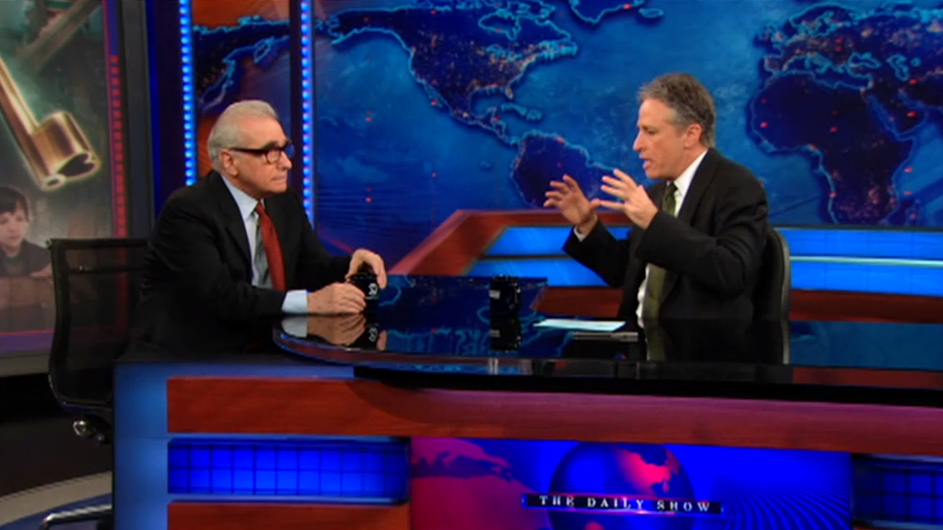
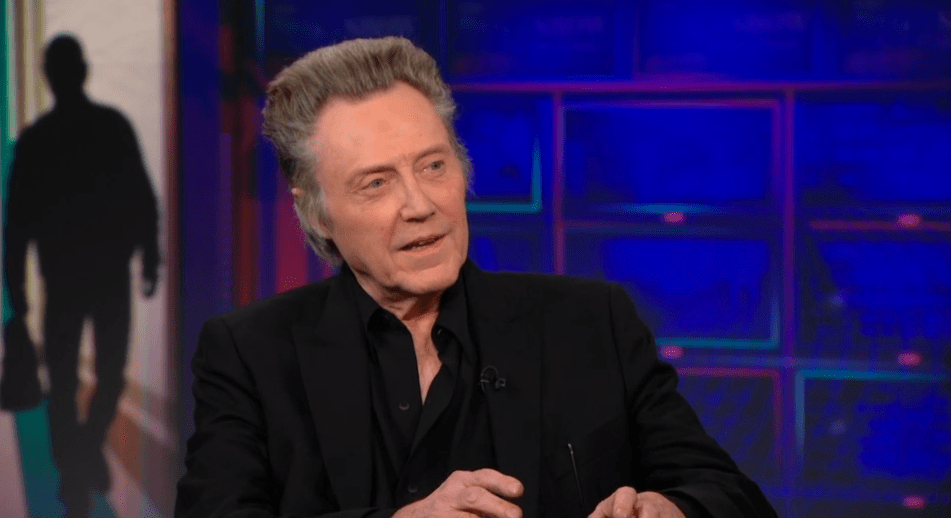
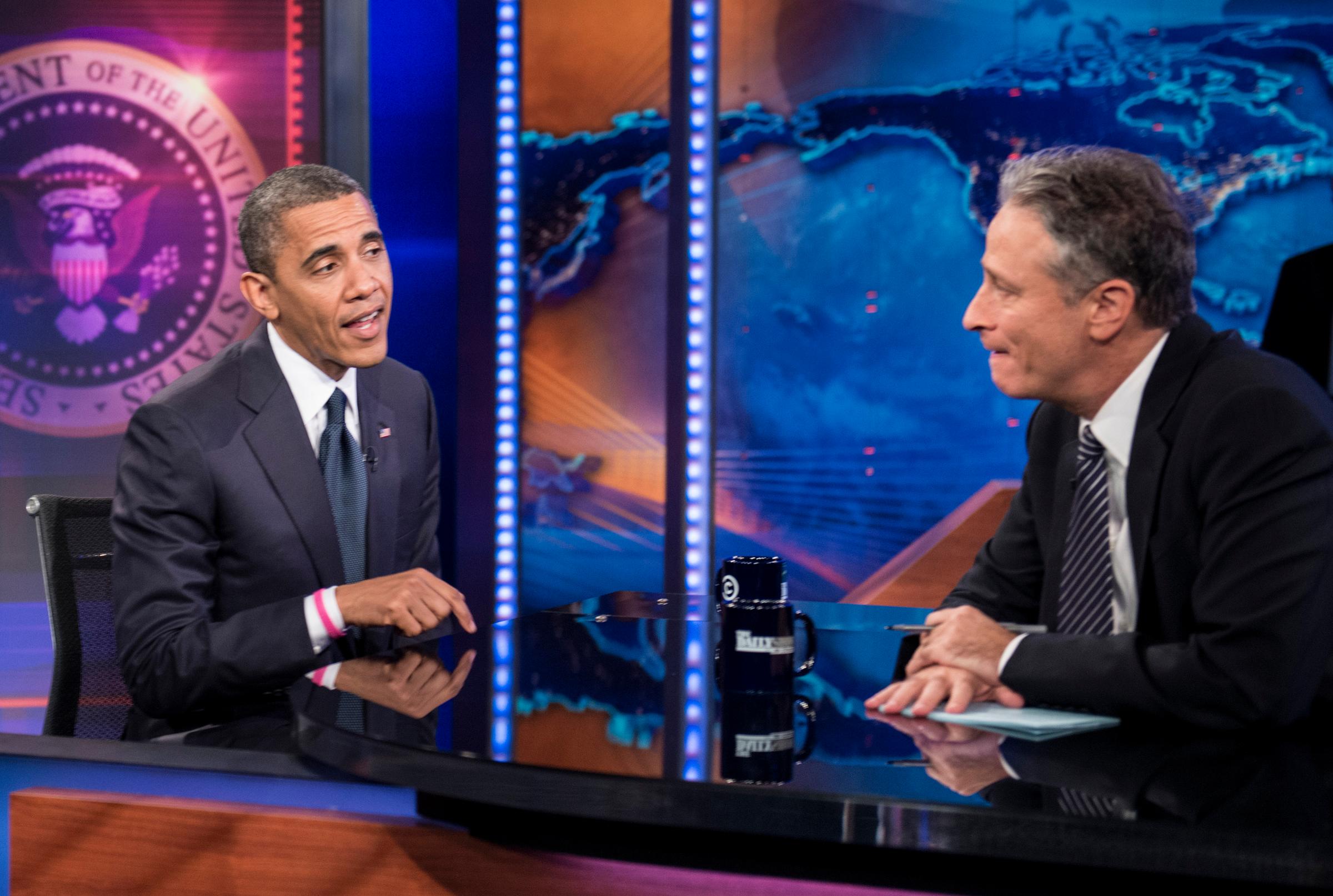
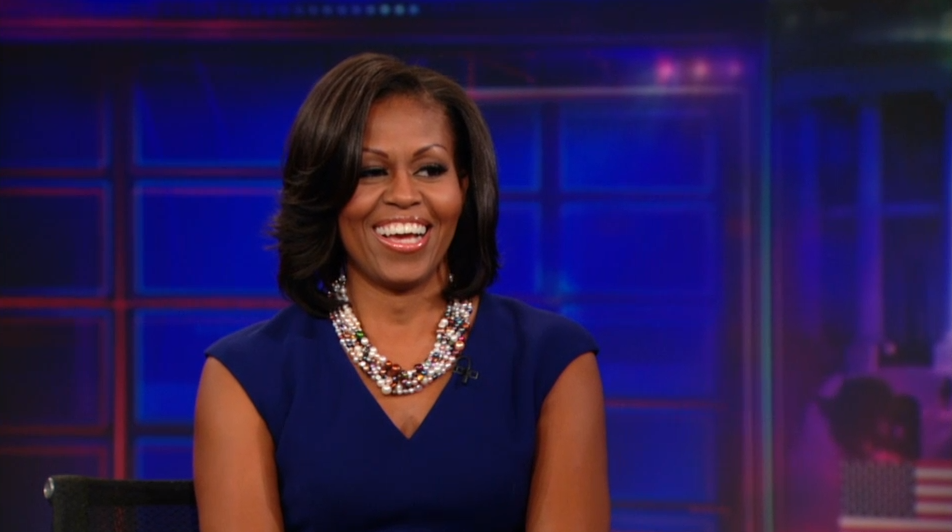
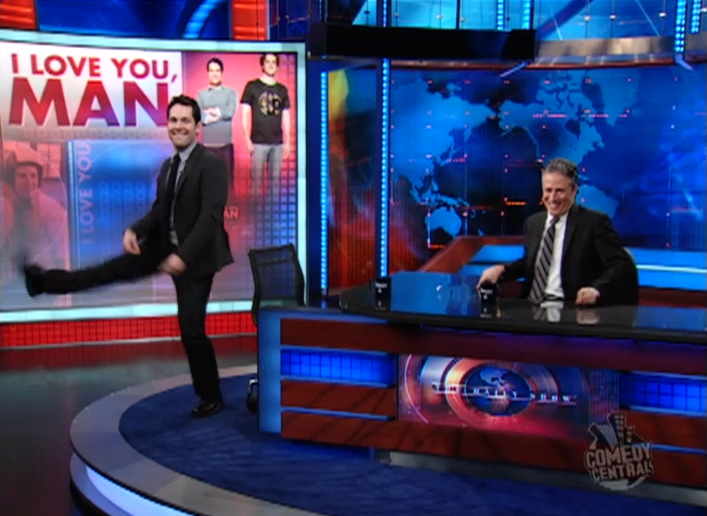
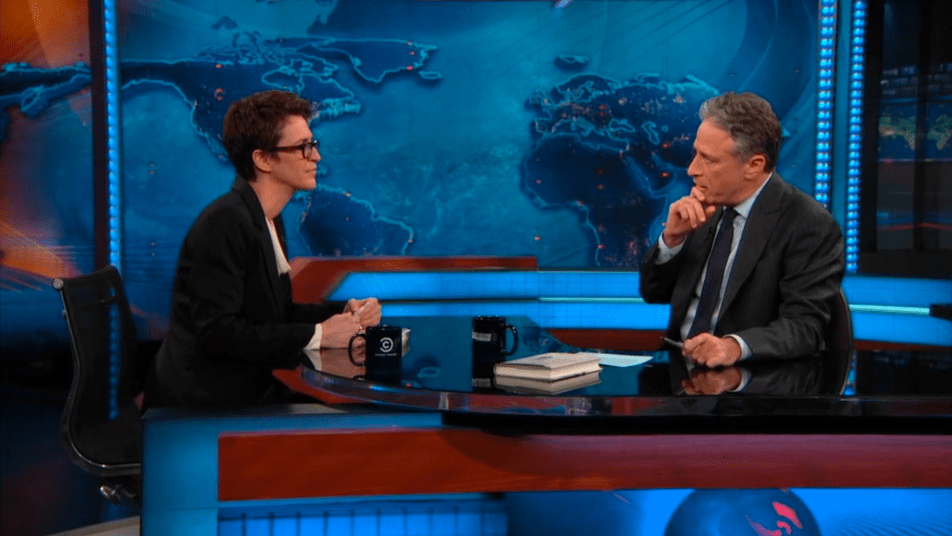
Especially in its early years, The Daily Show didn’t just riff on the news and poke fun and roll eyes at the endless spew of stupid and self-serving statements made by celebrities, politicians, and other hucksters. With the help of talented producers, writers, and “correspondents” including Stephen Colbert, Steve Carell, Nancy Walls, John Oliver, Samantha Bee, and Larry Wilmore, The Daily Show mimicked perfectly every aspect of network and cable news-gathering. The show was replete with ridiculous camera shots designed to reinforce audience sympathies, godawful banter between host and reporters, even more godawful questioning of people during news segments, and manic graphics that hyped every minor threat as the next great catastrophe facing the planet. And they actually produced stories that were being followed by everyone else in the business. By highlighting how the news is stitched together, The Daily Show helped instill a form of media literacy that is hugely important in a media-saturated age (The Onion provides a similar service for print journalism.)
It’s not surprising that in an age of declining audiences for all forms of TV news, The Daily Show reached and held younger viewers, with 18-29 year olds making up 40% of its audience. By deconstructing the news-delivery process, Stewart and company made it new. A decade ago, when polling data showed that as many young Americans got their news from The Daily Show as from programs like NBC Nightly News, the establishment even copped to be “depressed” by the news. Sadly, broadcast and cable news has done little to rejuvenate its form, determined instead to spend millions of dollars a year on hosts such as Williams, whose honesty and news sense are as sleepy and tired as their program’s elderly audiences.
But somewhere along Jon Stewart’s and The Daily Show’s ascent to legitimacy, awards, and influence, it’s meta-script got more than a little tired. If it once shone a harsh light on how television news skewed its presentations to frighten audiences or pander to power, it eventually succumbed to the same tendencies, especially the sin of self-importance. In a widely celebrated 2004 smackdown of the Punch-and-Judy antics of most cable news debate shows, Stewart accused CNN Crossfire hosts Tucker Carlson and Paul Begala of “partisan hackery…what you do is not honest.” After the hosts pushed back, Stewart bemoaned in a very mean, very funny rant that something was wrong when “news organizations look to Comedy Central for their cues on integrity.”
See Brian Williams Through The Years
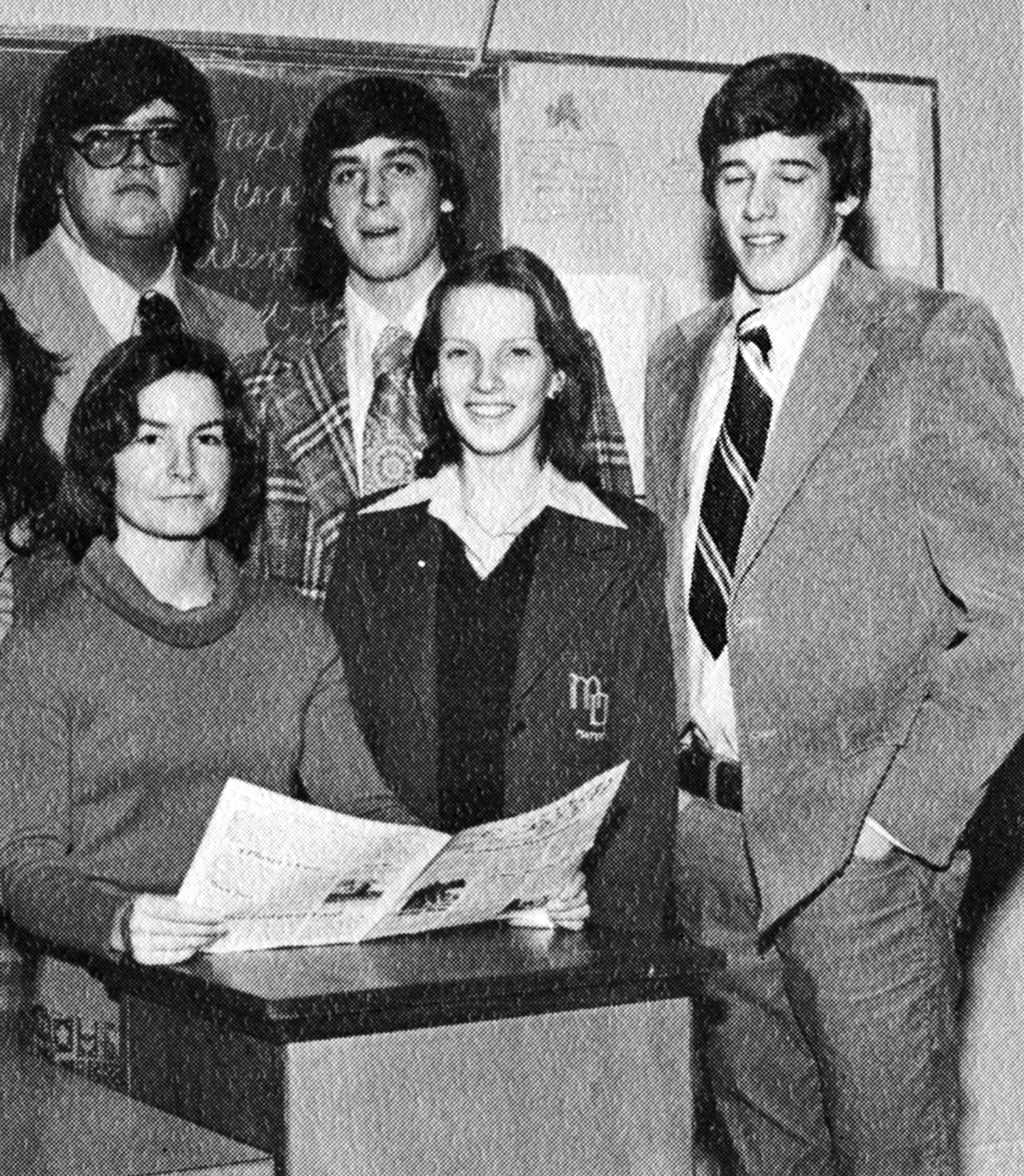

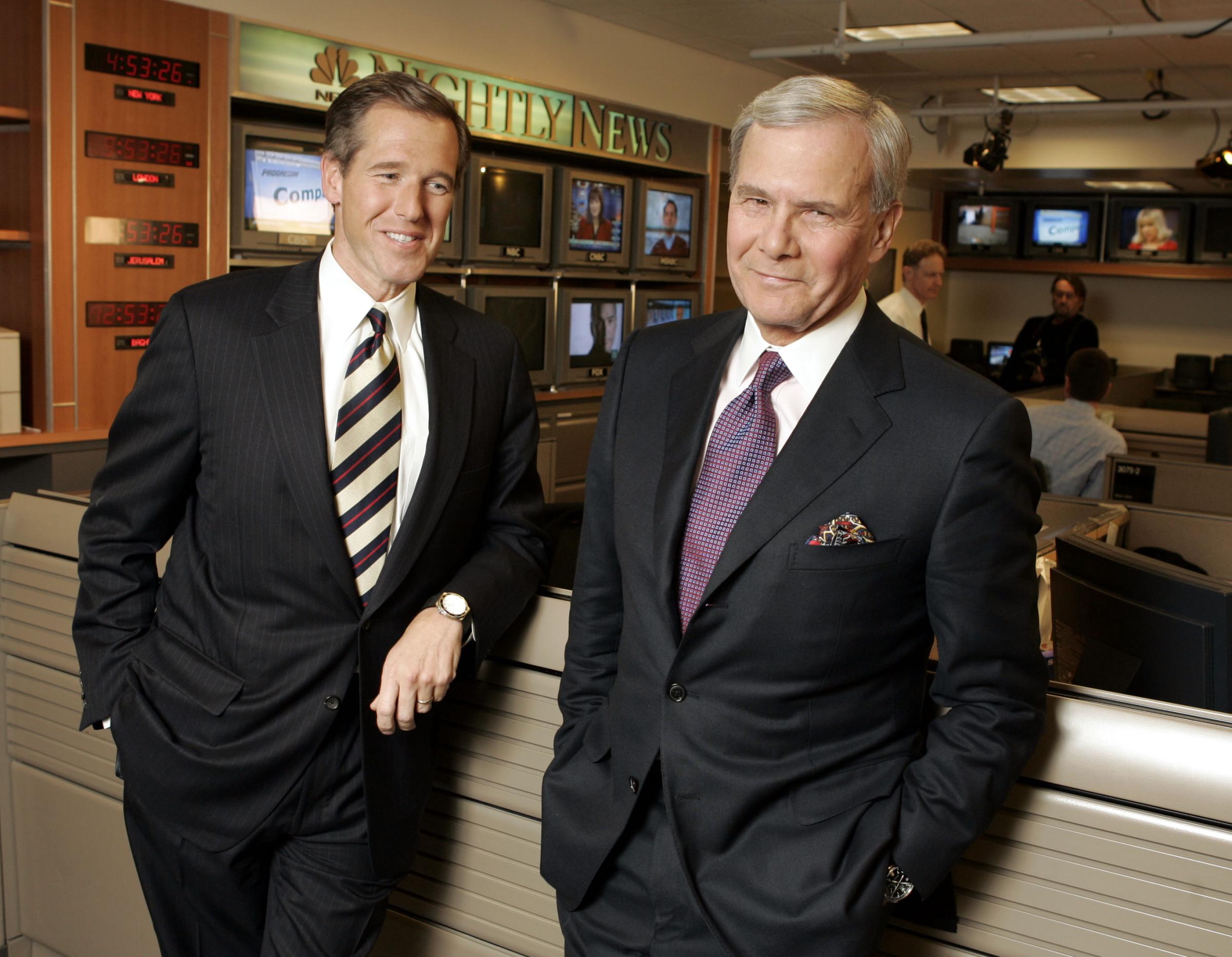
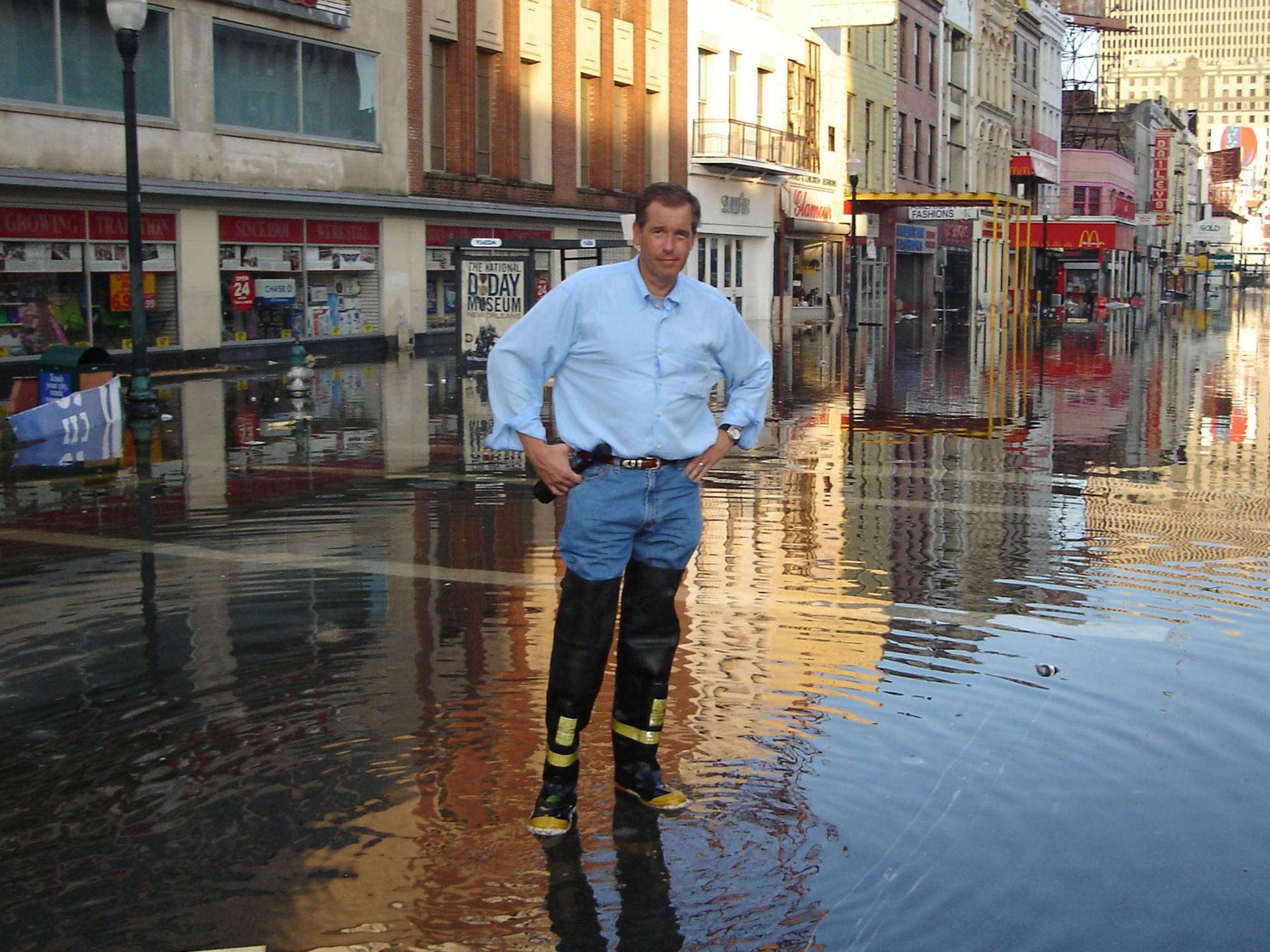
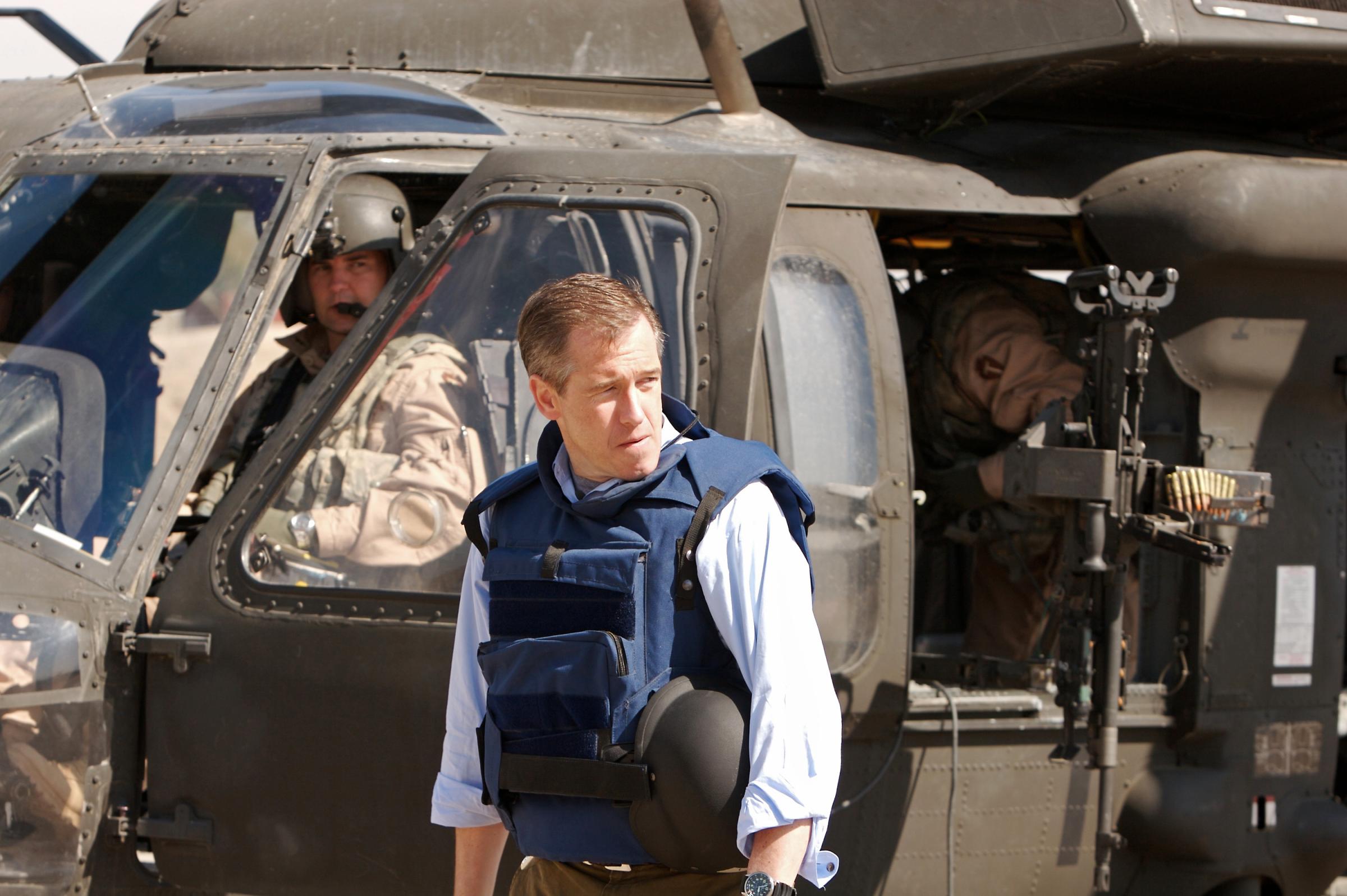
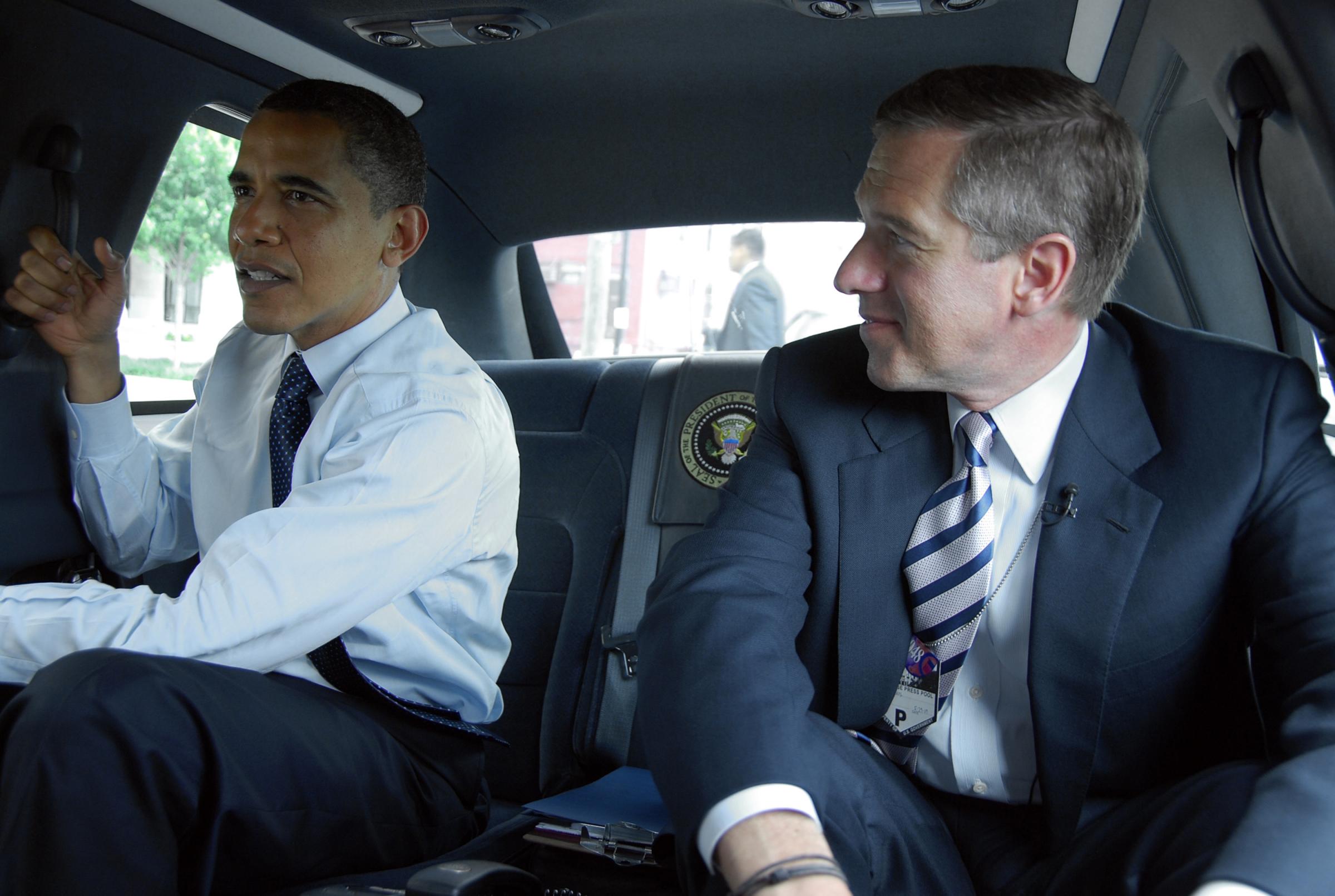
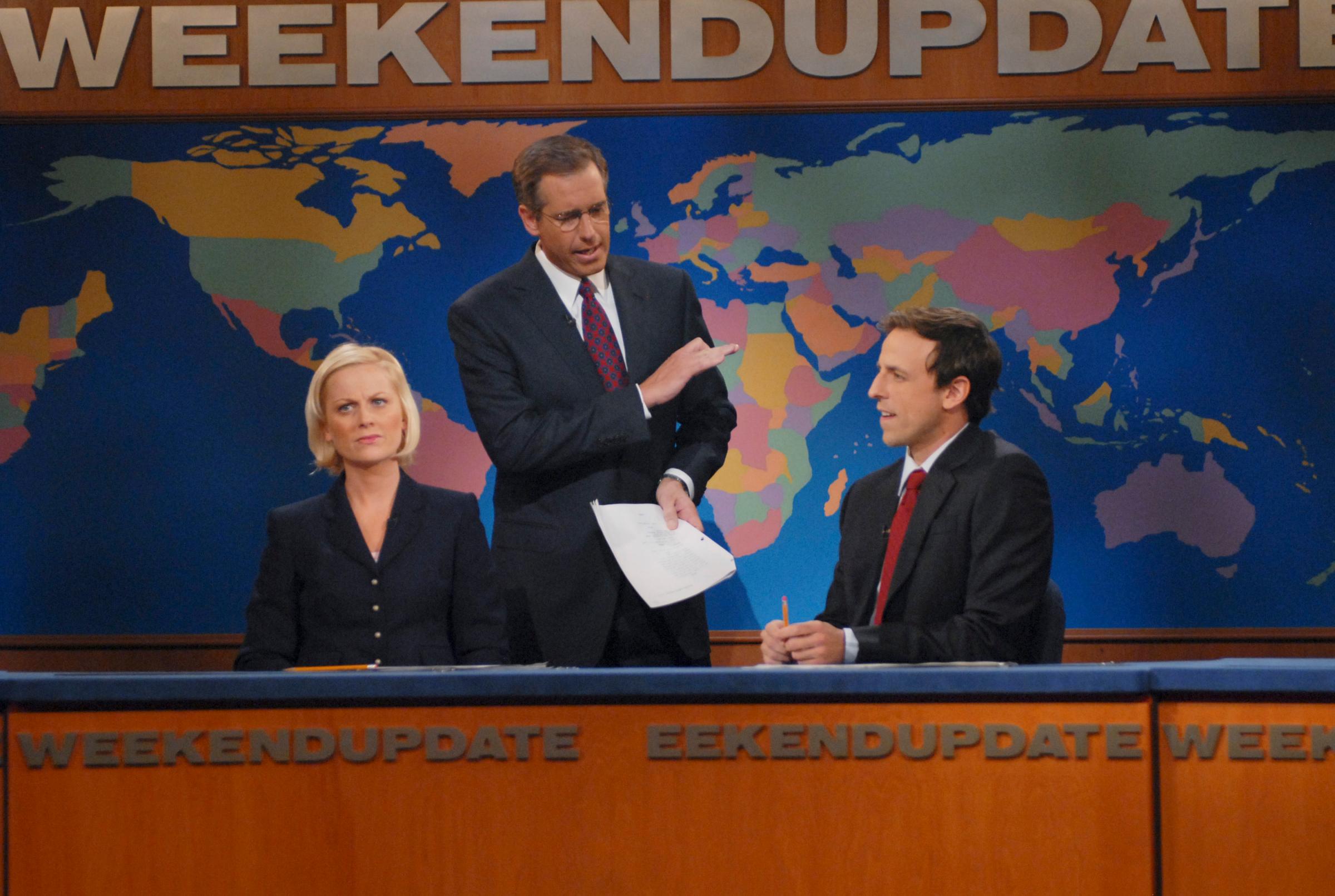
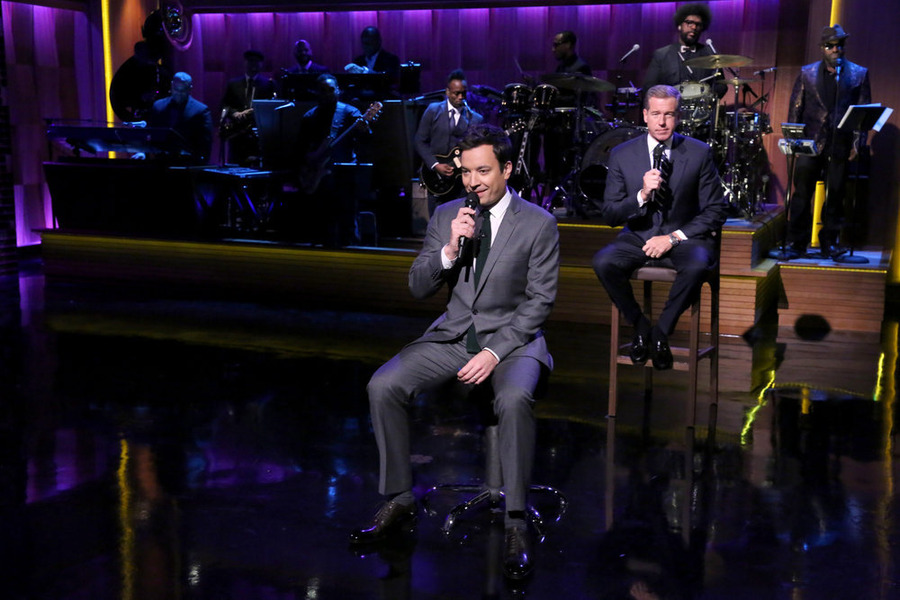
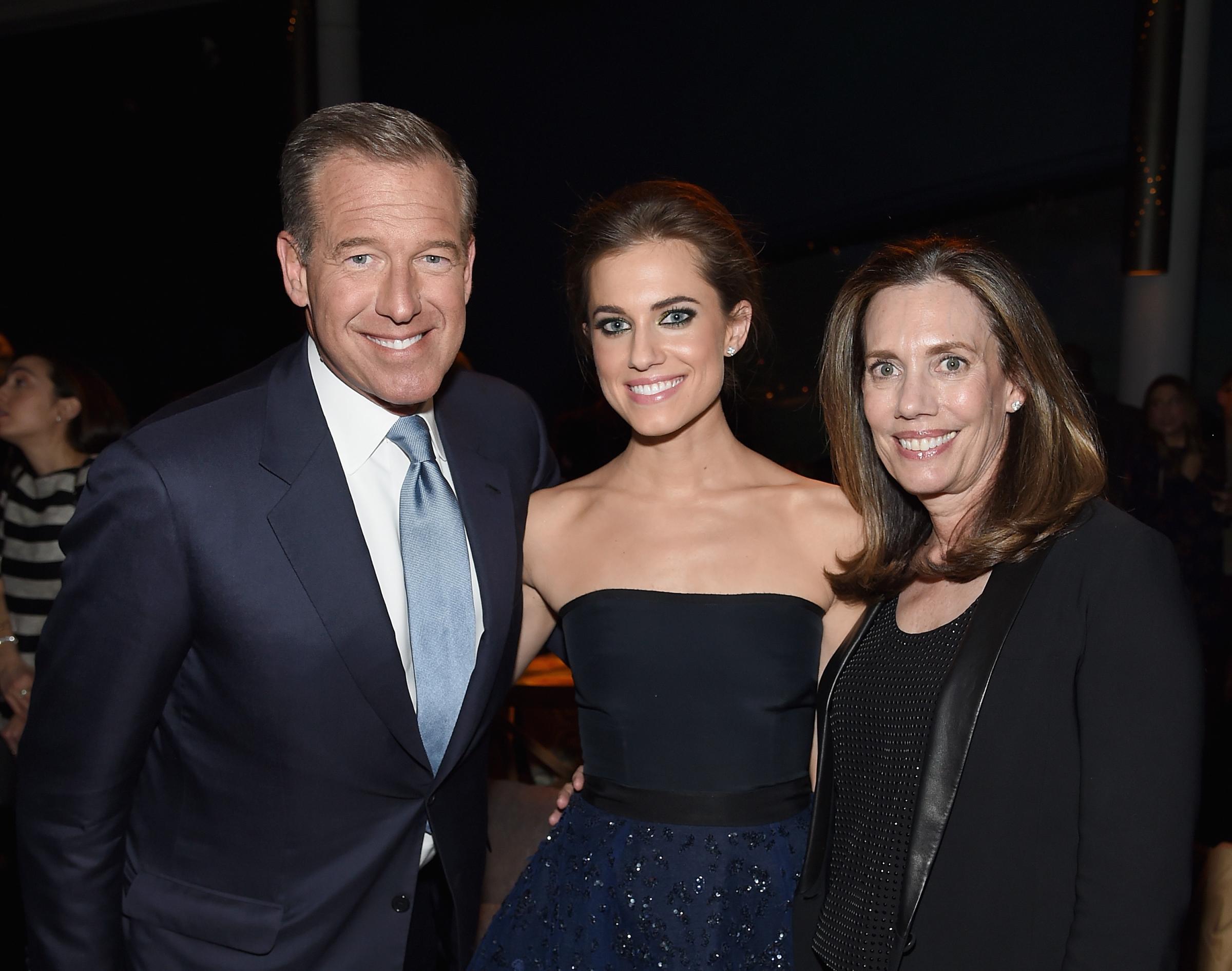

But Stewart started taking himself too seriously, as if his celebrity meant he did in fact have the sort of social responsibility he specifically abjured on Crossfire. His 2010 “Rally to Restore Sanity and/or Fear,” co-hosted by Stephen Colbert, unironically featured the former Cat Stevens singing “Peace Train” (as the Islamic convert Yusuf Islam, Stevens seemingly endorsed calls for the murder of Salman Rushdie for writing The Satanic Verses). Worse, it ended in a maudlin plea for peace and tolerance.
In a particularly ridiculous moment from last year, Stewart apologized for saying on CNN (of all places) that he hadn’t voted in the midterm elections. He was “being flip,” he told his own audience later. “It sent a message that I didn’t think voting was important or that I didn’t think it was a big issue. And I do, and I did vote.” Please, when a fake newsman starts thinking his every utterance is being taken seriously and needs to be defended or amended, something has gone very wrong.
Stewart has said that The Daily Show “doesn’t deserve an even slightly restless host.” He’s right about that. The show he leaves behind will need to reinvent itself more fundamentally than it might seem at first blush. We all process news very differently now than we did when he first took over hosting duties at The Daily Show. That’s in some large part due to Stewart, which he should take as an incredible compliment and his successor should take as an incredible challenge. The director of last year’s well-received drama, Rosewater, Stewart’s creative future is still ahead of him.
For Brian Williams, a frequent guest on The Daily Show, things aren’t so bright. Even as his entire genre of news was sinking like the Titanic, he decided to go ahead and plunge into oblivion all on his own. In an age of rapidly decentralizing and proliferating media, the one role that needn’t be filled is a newsreader whose every utterance will rightly be questioned.
See Jon Stewart's Career Over the Years
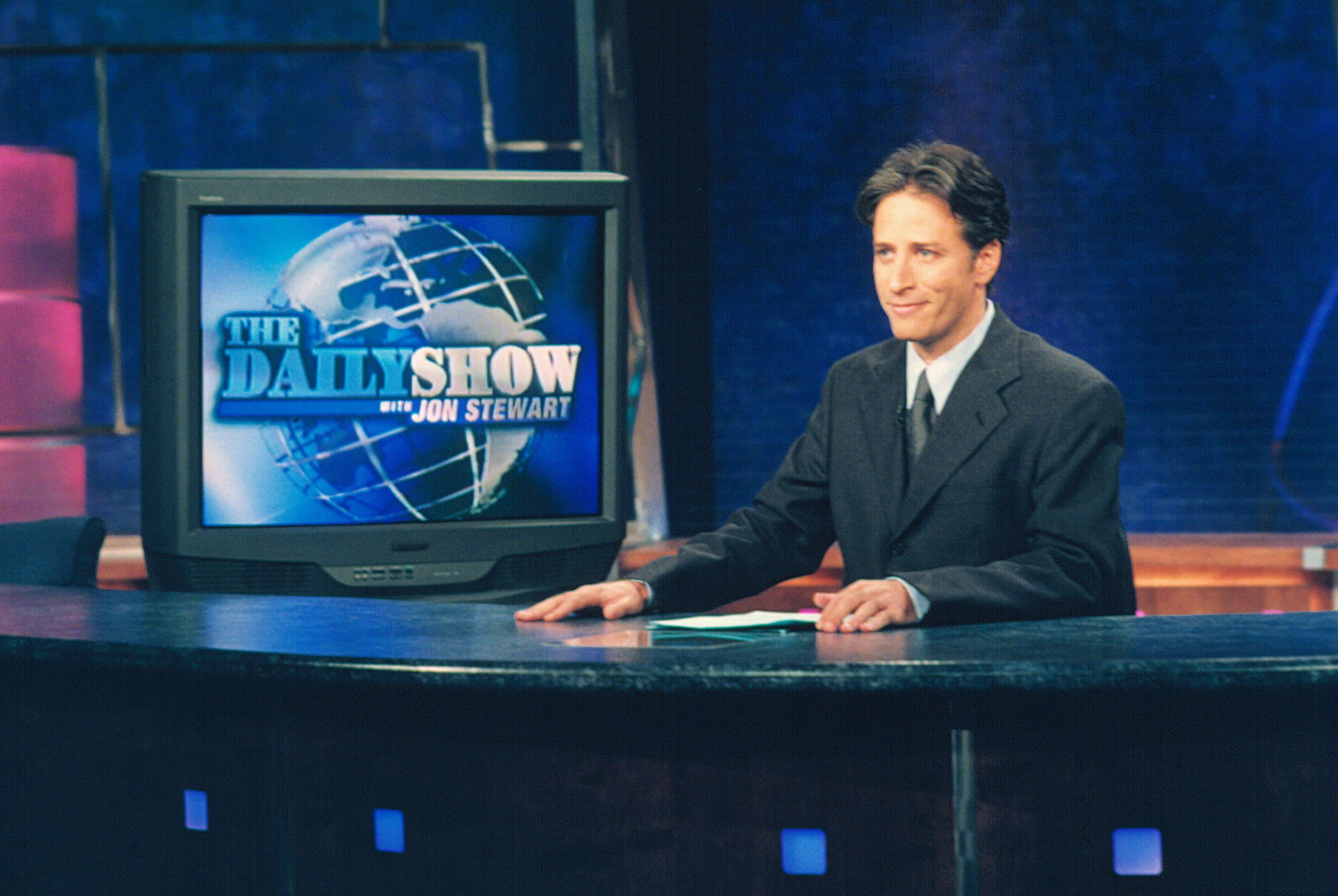
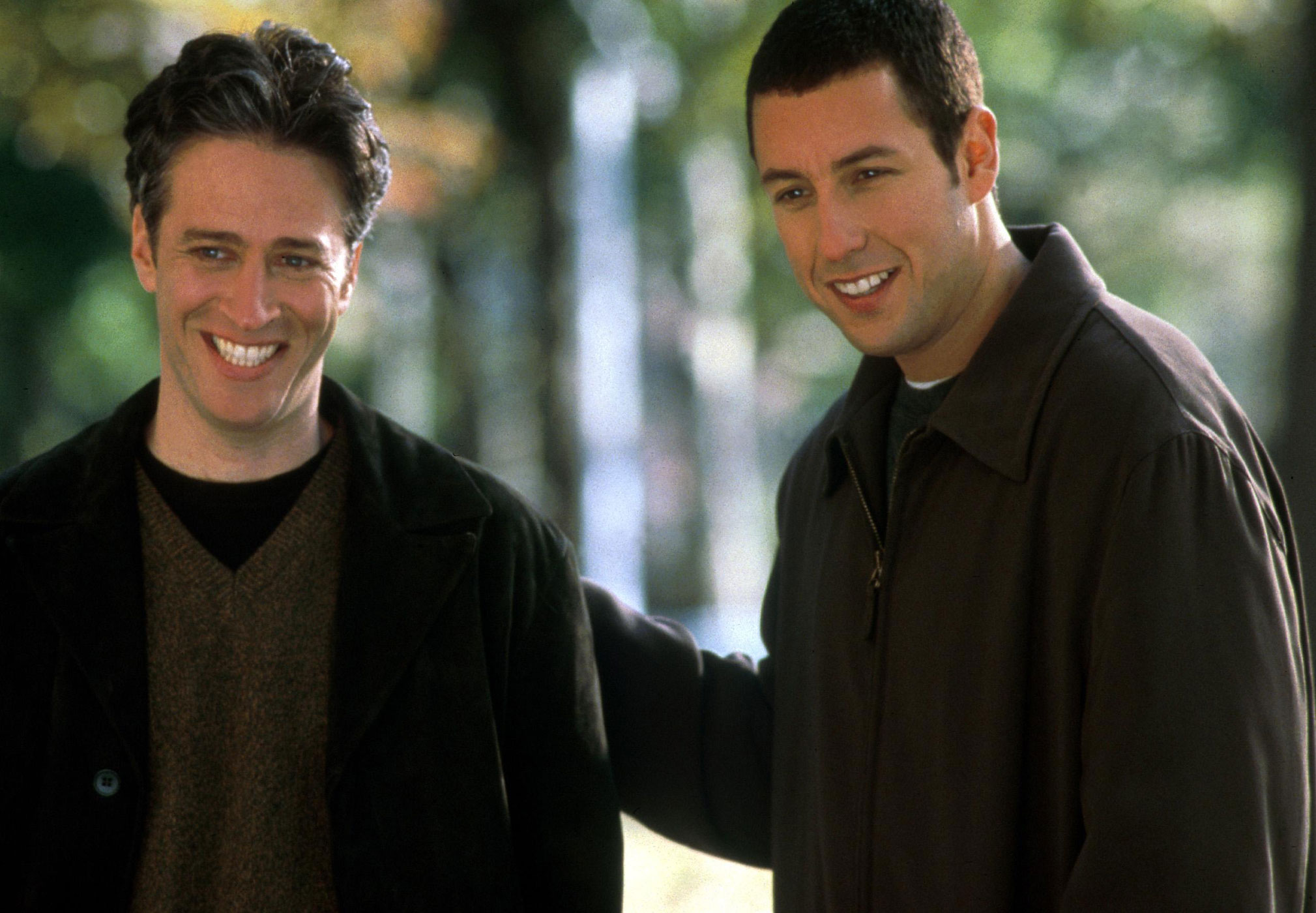
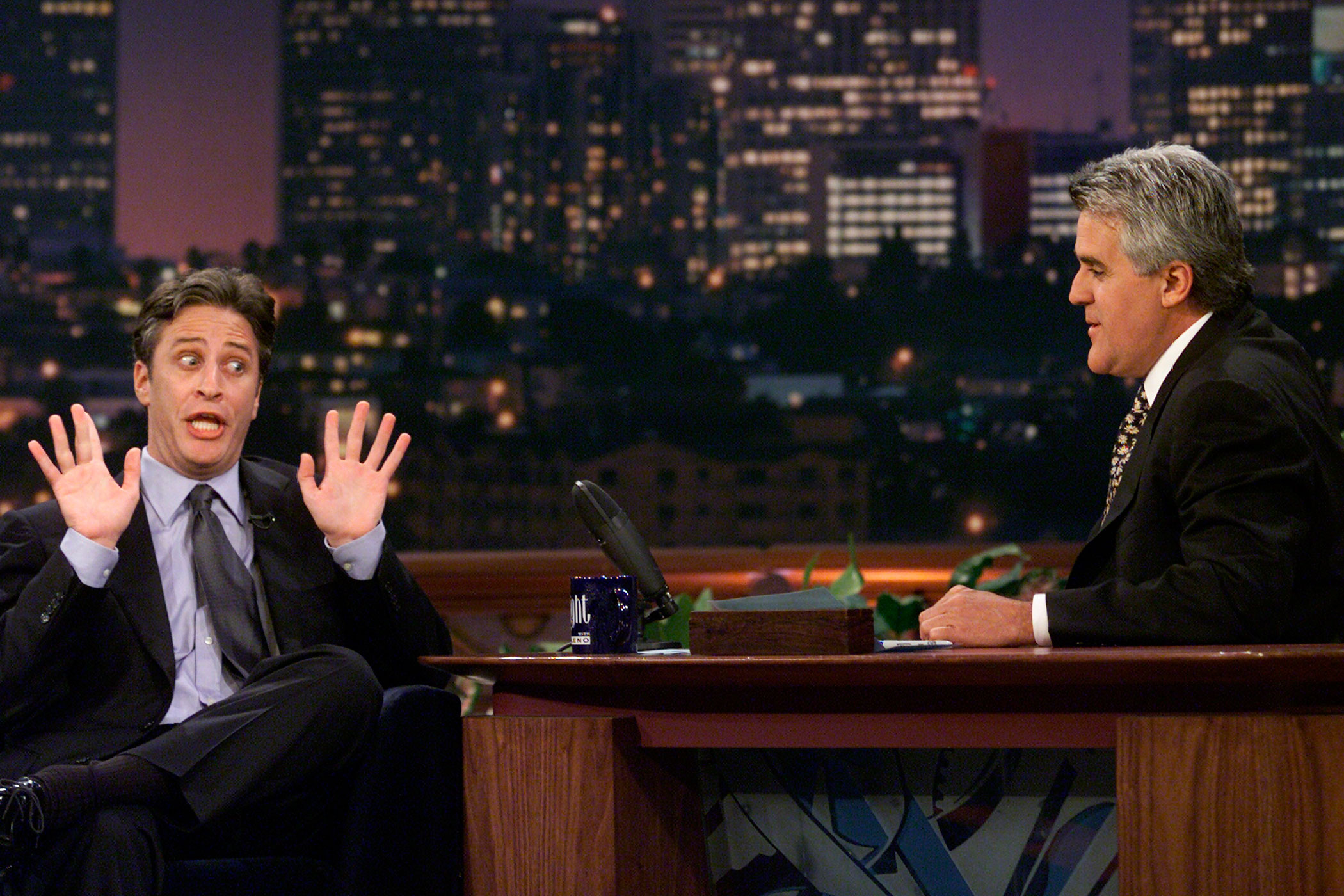
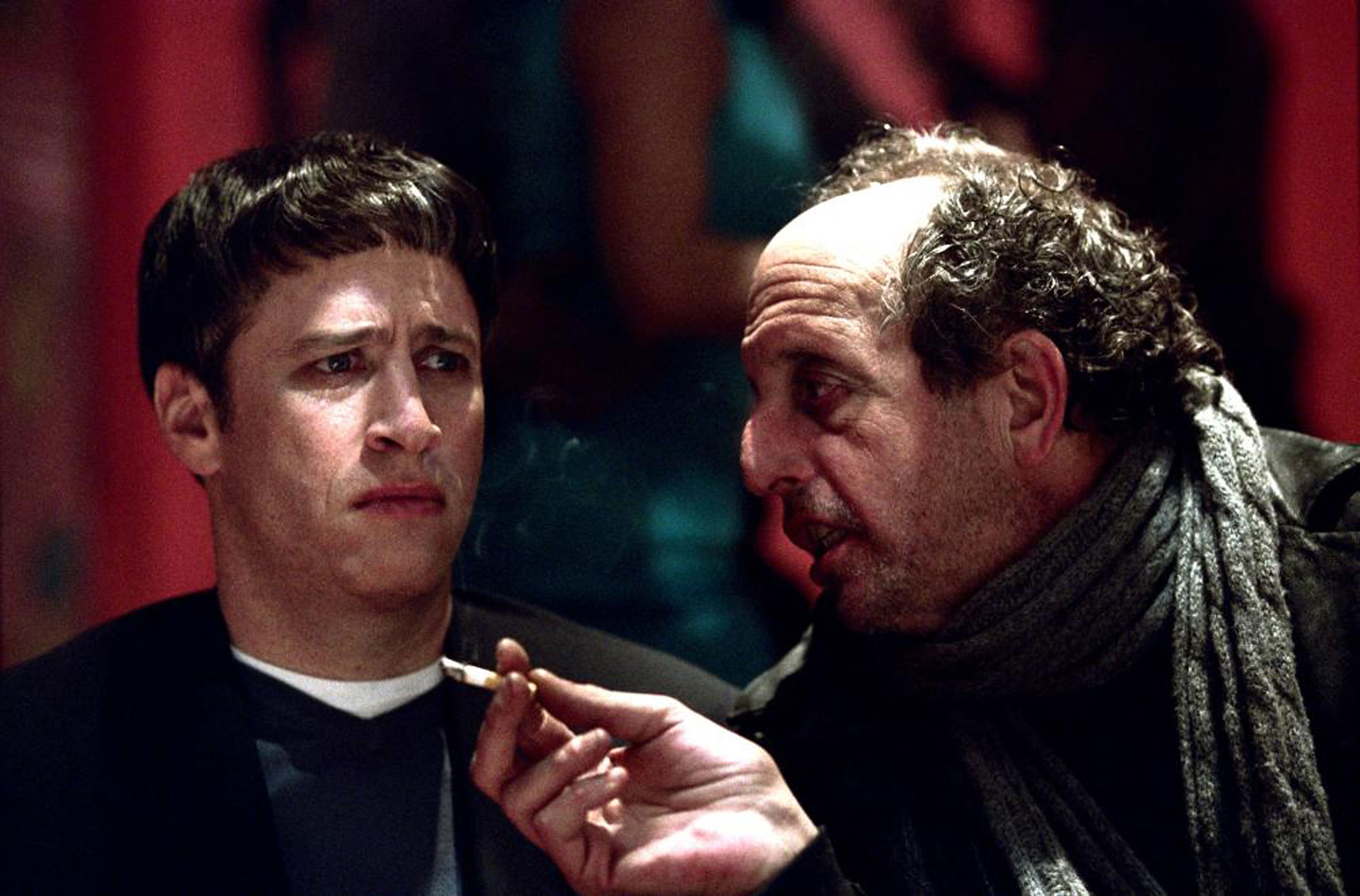
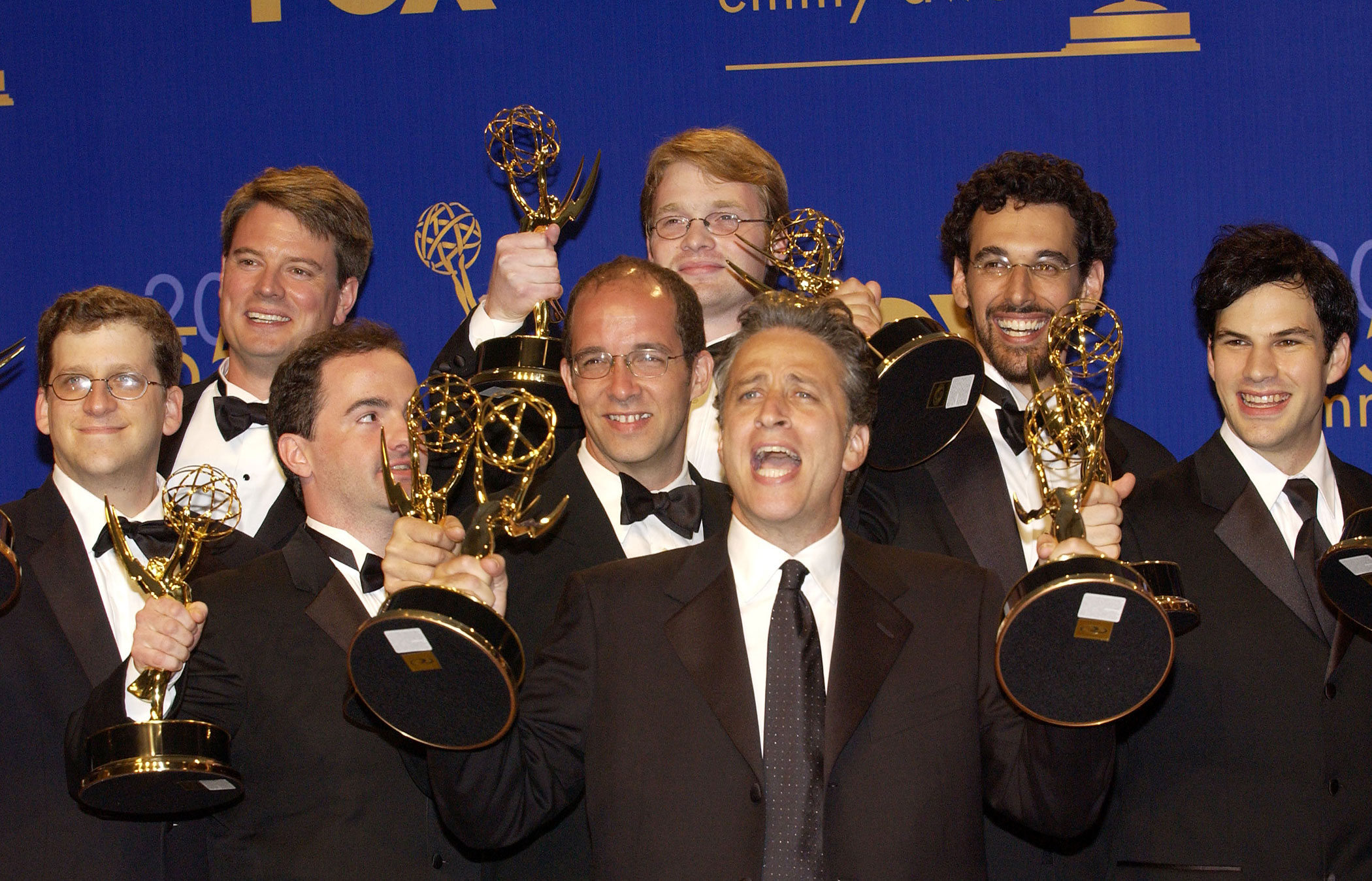
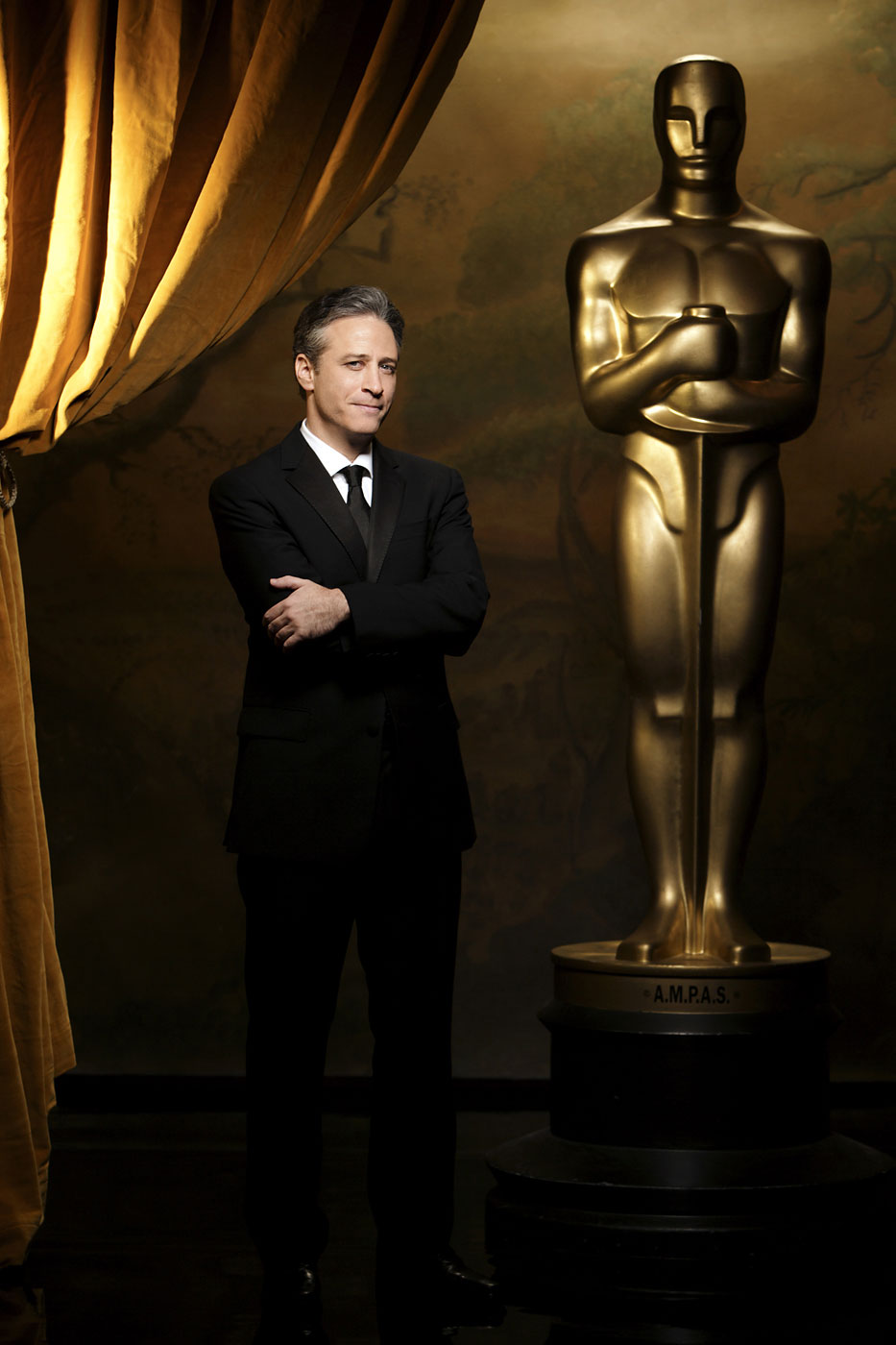
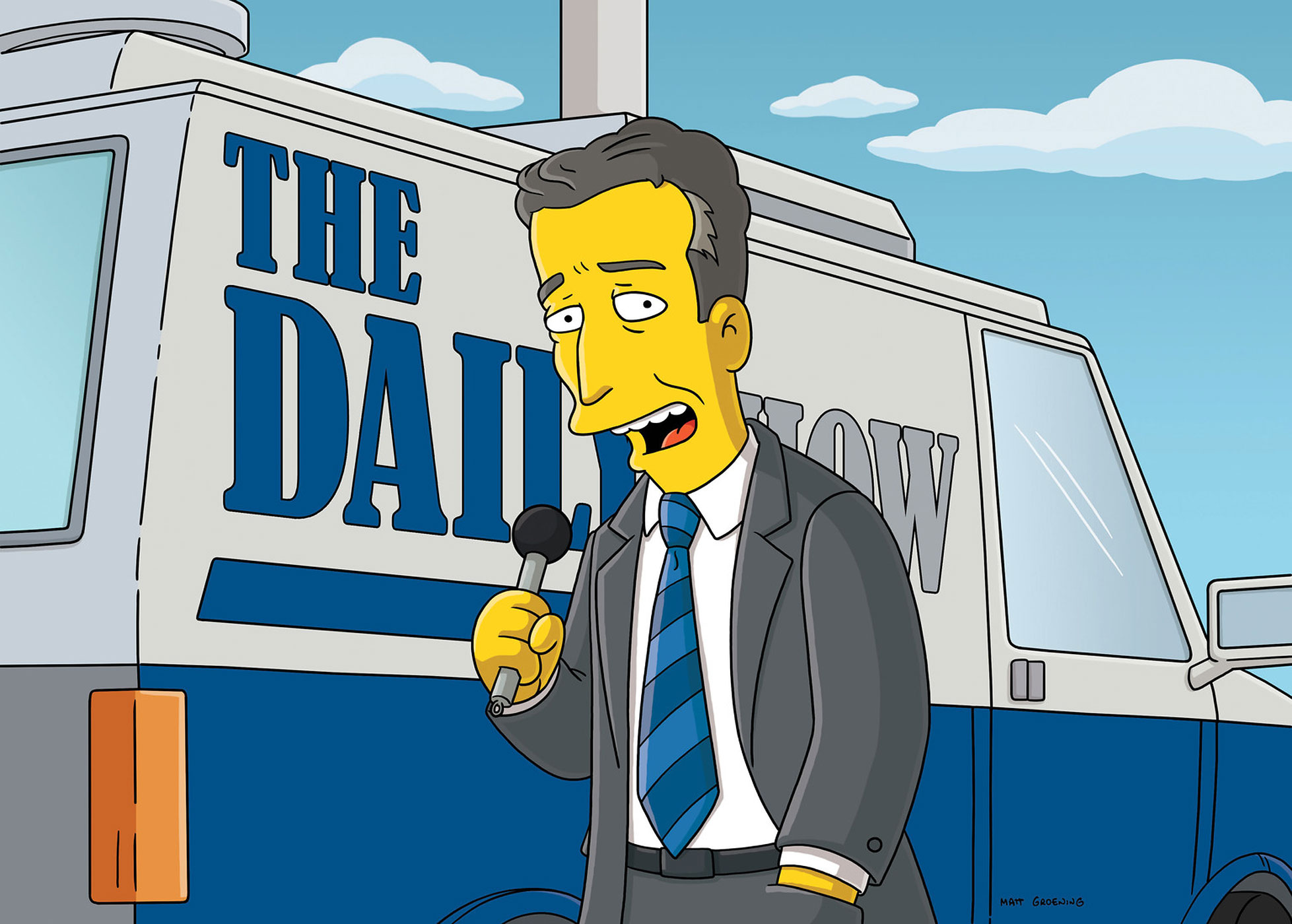
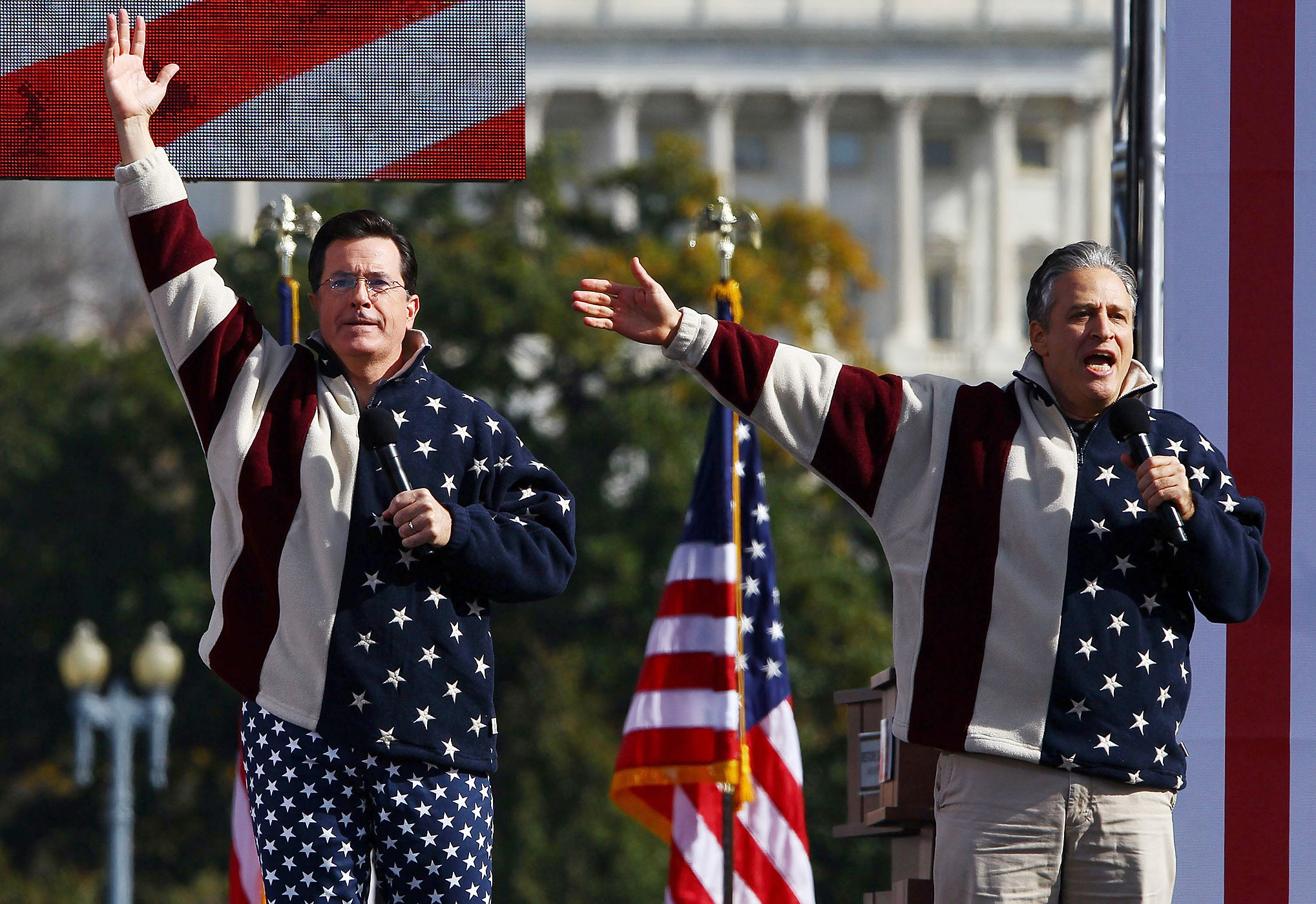
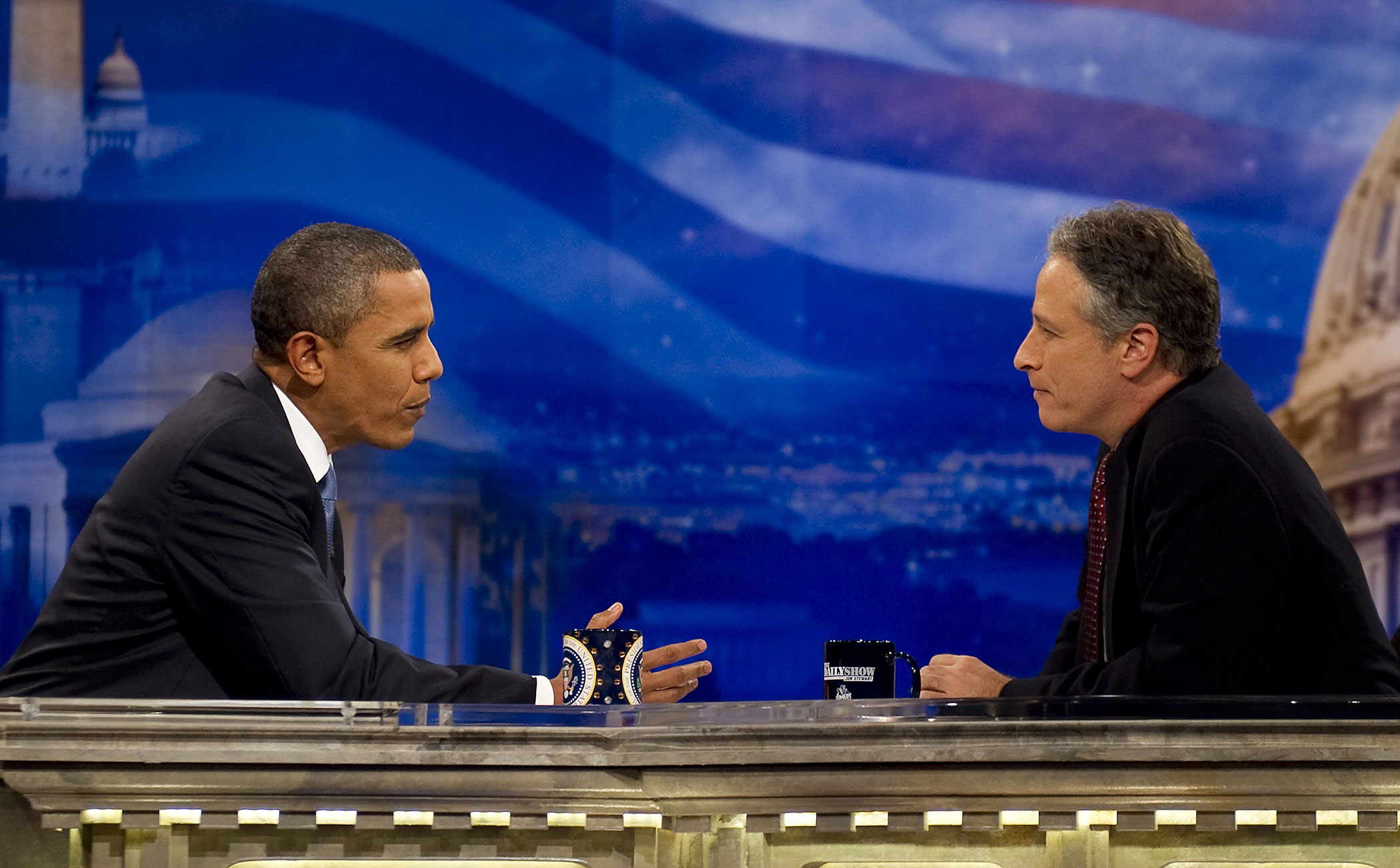
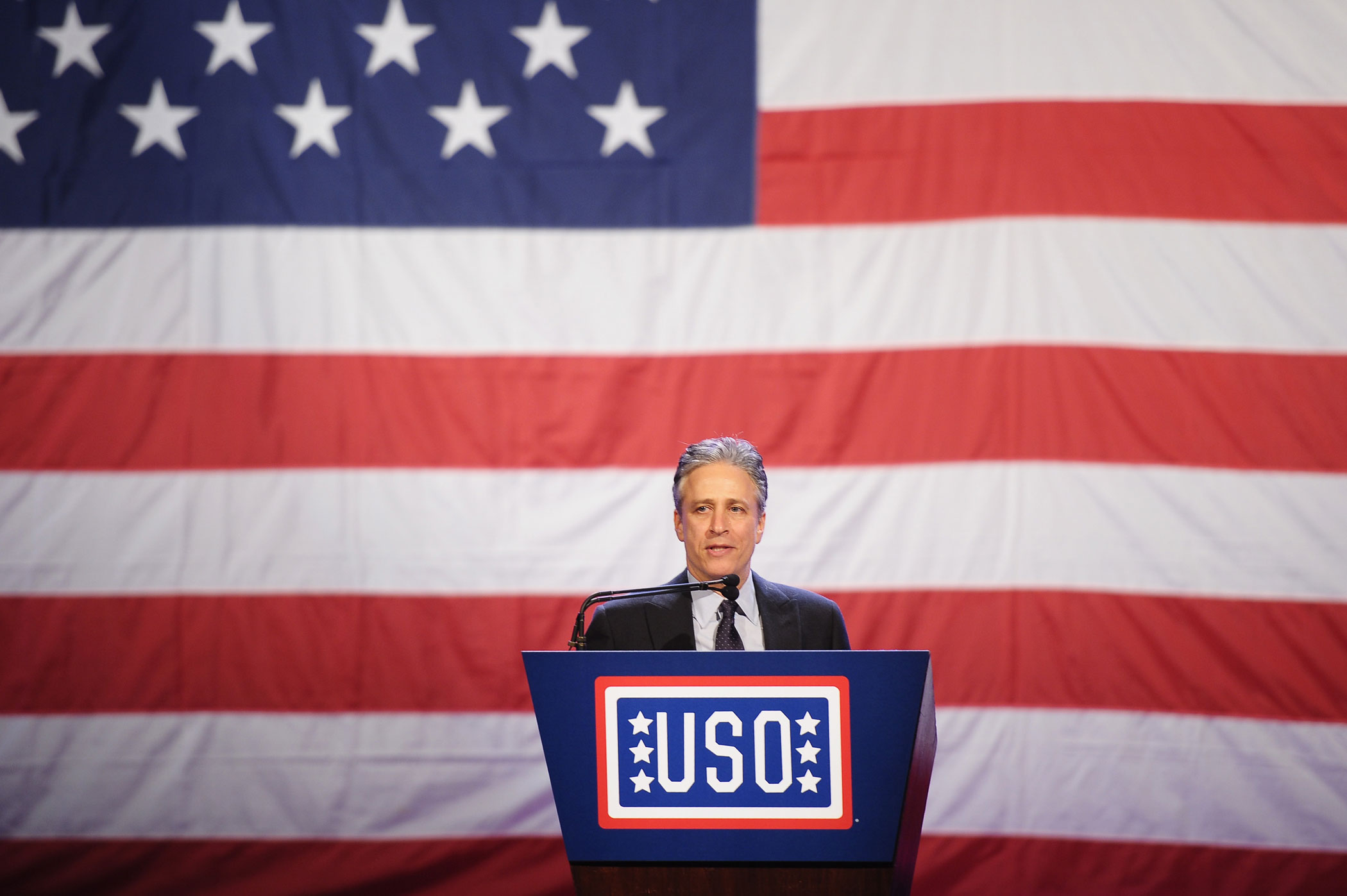
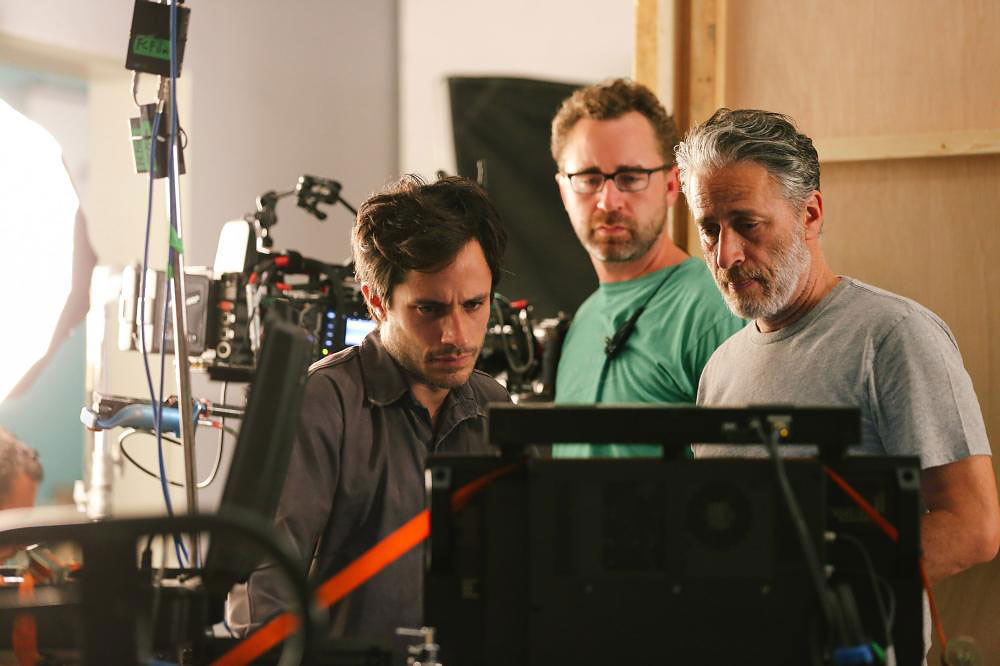
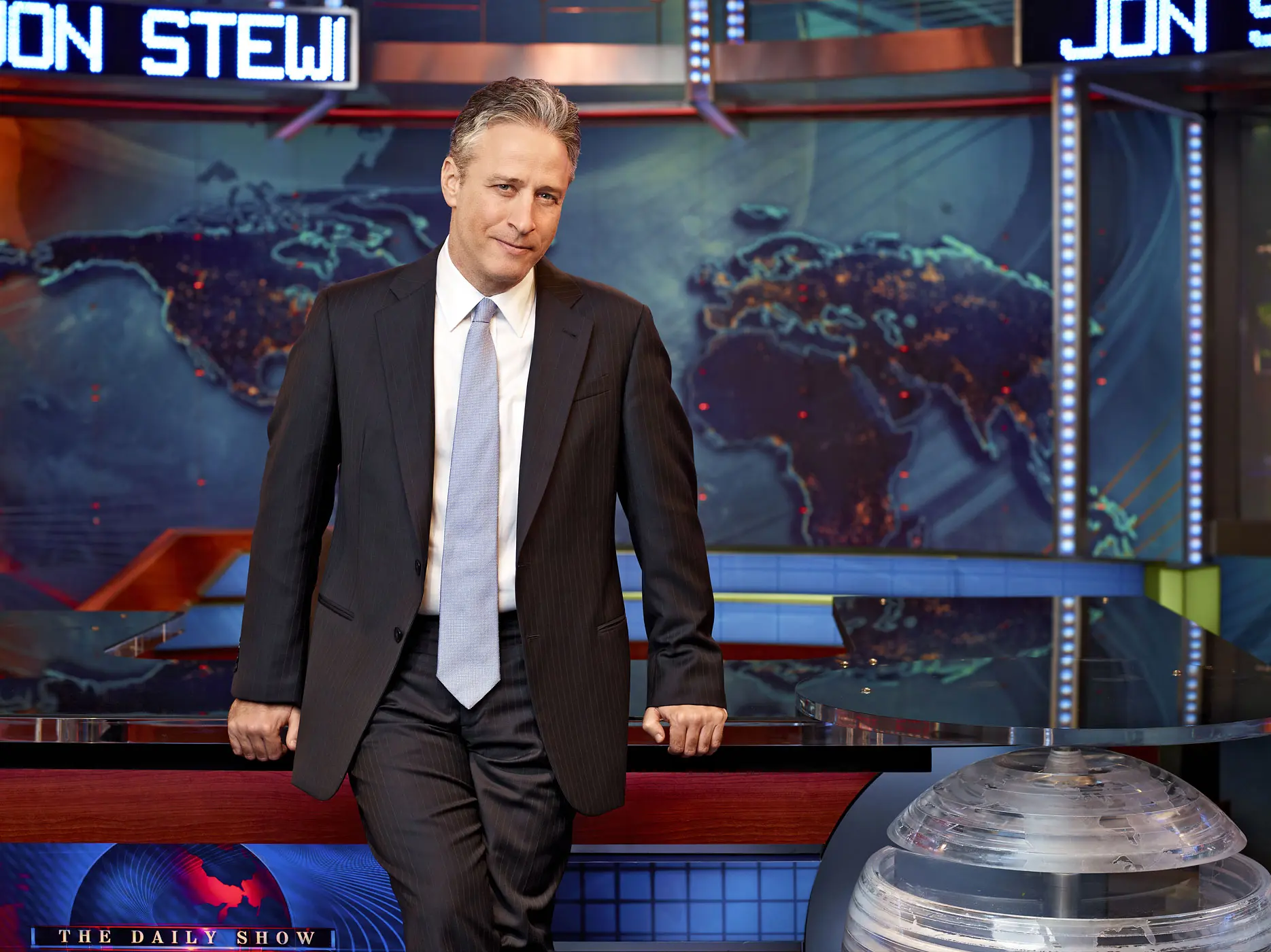
More Must-Reads from TIME
- Caitlin Clark Is TIME's 2024 Athlete of the Year
- Where Trump 2.0 Will Differ From 1.0
- Is Intermittent Fasting Good or Bad for You?
- The 100 Must-Read Books of 2024
- Column: If Optimism Feels Ridiculous Now, Try Hope
- The Future of Climate Action Is Trade Policy
- FX’s Say Nothing Is the Must-Watch Political Thriller of 2024
- Merle Bombardieri Is Helping People Make the Baby Decision
Contact us at letters@time.com